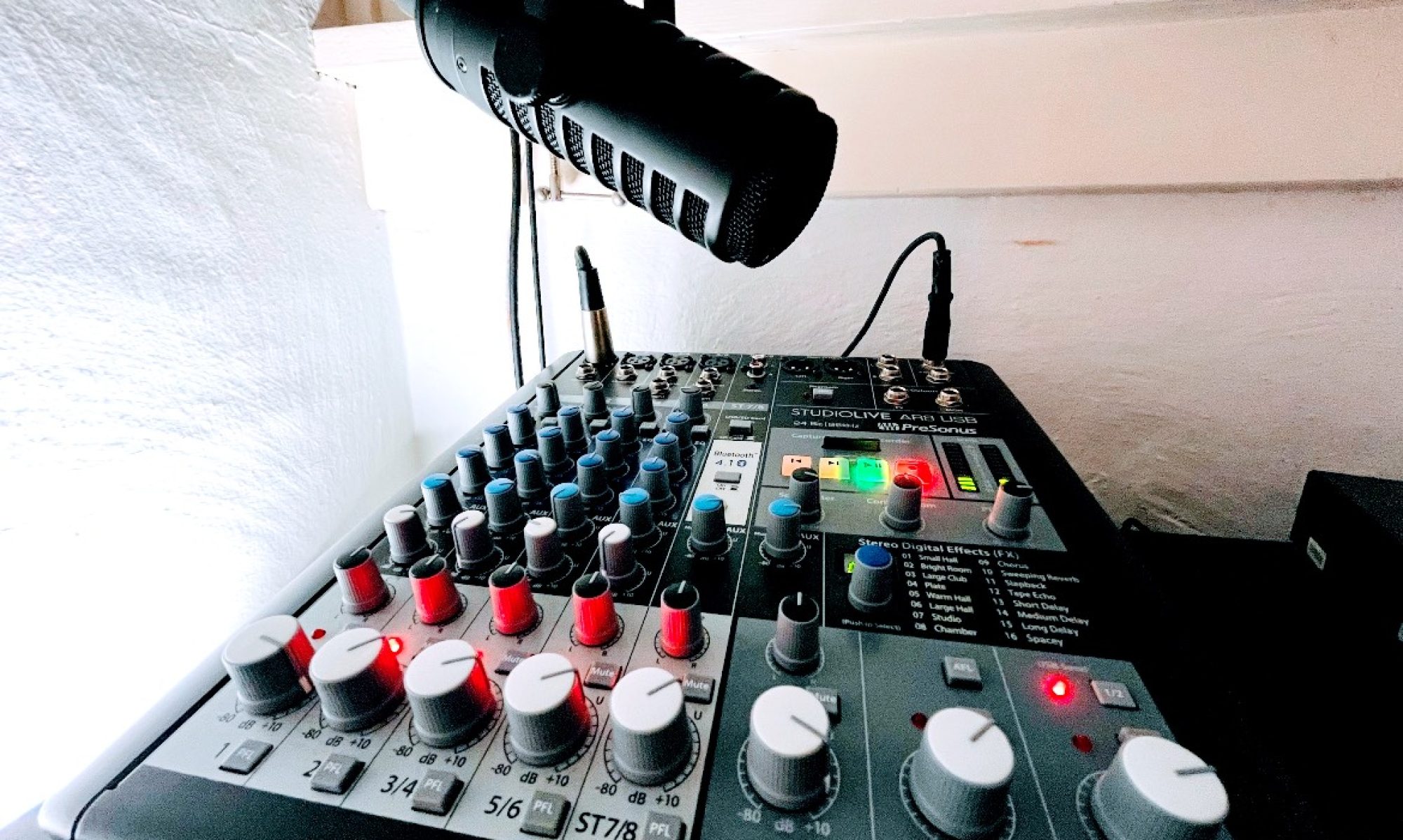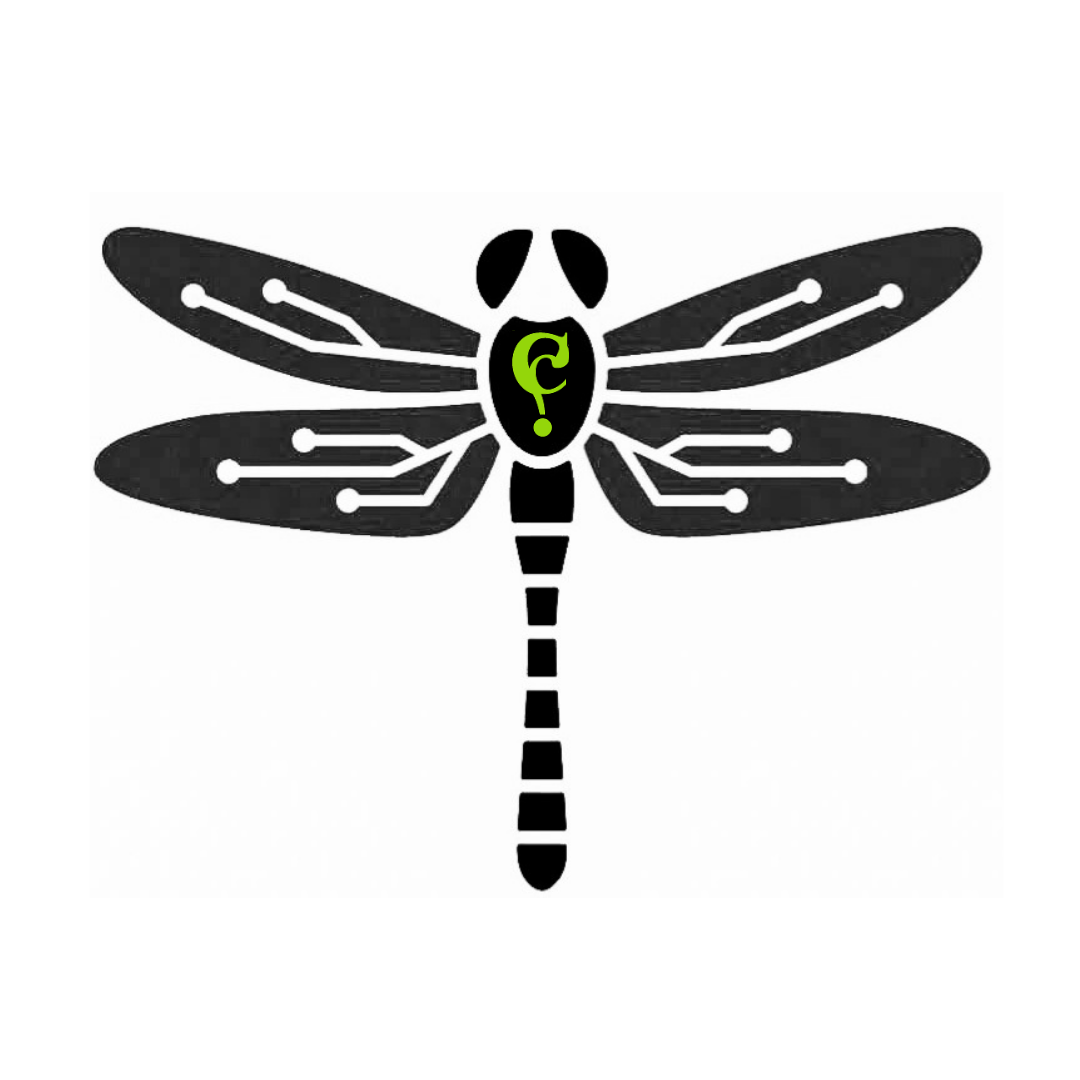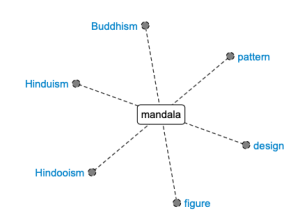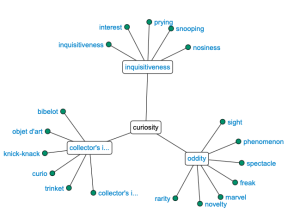Curiosity – Thesaurus Diagram
Curious Creatures – Printable Coloring Pages
Introducing Gigi, Otto, Phinley and Sokrates.
This curious quartet gets along quite well and always continue to foster their relationship through many layers of empathy, compassion, awareness, and question asking.
Support humanity.
Empathic Curiosity
Empathic curiosity is a desire to understand other people’s thoughts and feelings.
Nurturing your empathic curiosity can help you connect more deeply with the people around you.




